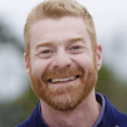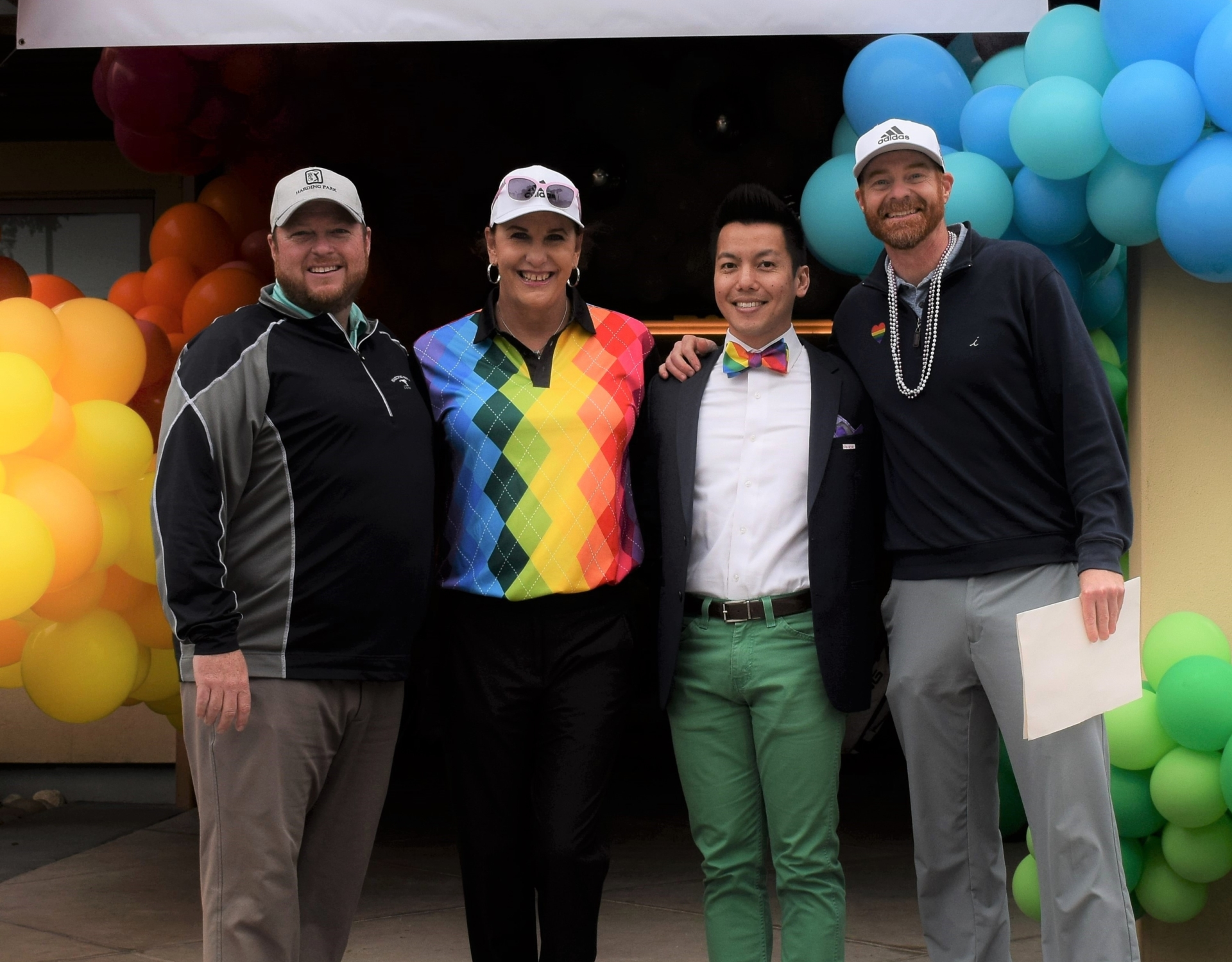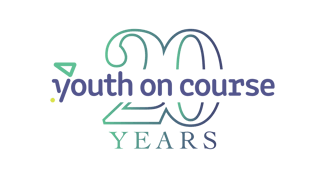PGA Professional Greg Fitzgerald didn’t always feel comfortable bringing his full, authentic self to the game that he loved. So much so that he quit competitive golf altogether.
In honor of Pride Month, he’s sharing his story with us in hopes of inspiring others to view the golf course as a safe and welcoming space.

Written by Greg Fitzgerald, PGA
Head Golf Professional, The Institute Golf Club
*Image from pgatour.com
I was on the first tee. I was ready. I had practiced. I had worked hard, but I knew I had already lost the match. I couldn’t win…that would draw too much attention. I couldn’t become friends with the other players in the tournament…that could lead to awkward questions about girls or something. Golf was my passion, but I most loved to play alone because it was “safe”.
I knew I had already lost the match, not because my opponent was actually a better player, or because of the typical mental hurdles that comes with golf match play…but because I didn’t want anyone to know that I was gay. So, I quit competitive golf.
Fast forward 25 years – I’m an openly gay PGA of America professional.
The journey here was not without struggles. For a long time I felt I had to navigate my way into the PGA of America by pretending to be straight. Because sport, including golf, has traditionally been masculine, competitive, and discriminatory, the environment has been slow to fully accept LGBTQ athletes. Because of my experience, I don’t want any LGBTQ golfer or athlete in any sports to have to go through what I did, or grow up struggling trying to find success in a sport they love at the highest level possible. Open discussions and acceptance that have developed around the LGBTQ community over the last 30 years has been frenetic, and the world has really transformed for the better based on love.
With the passing of new laws in the country around marriage equality and visibility in the media and within our own communities and families, LGBTQ athletes are starting to become visible, and golf is no different. Now, LGBTQ golfers are active at all facilities and are feeling more and more comfortable being out playing and practicing. The PGA of America, the PGA TOUR and the LPGA TOUR have all made huge strides in promoting acceptance of all diverse groups, including LGBTQ community.
One of the biggest keys to continued transformation is going to be consistent diversity and sensitivity training for coaches, teachers, industry professionals, etc. Using the correct language is very important. The other key is LGBTQ golfers and athletes not hiding anymore, like I used to. I’ve found 100% support when other peers or golfers know that I’m gay. Especially in Northern California, but I think in most parts of the country men and women are totally comfortable being with LGBTQ people on and off the course. Golf organizations, like Youth On Course, that trust young people to be comfortable with LGBTQ youth within their community are leading the way.
There is a call to action here, and little instances, or symbols of acceptance are necessary. One of these instances was the Inaugural San Francisco Pride Pro-Am that took place last summer at Harding Park. It was a huge success and people took note.

When it comes right down to it, golf is about enjoying each other’s company authentically, whether you’re an aspiring PGA TOUR player, or a 9-holer that doesn’t keep score. I’m proud of the leaders of the golf industry, and I’m excited for the future of golf. I’m especially excited for the first time a PGA TOUR player wins a tournament and his husband or boyfriend runs out on the green to kiss him on national television.

